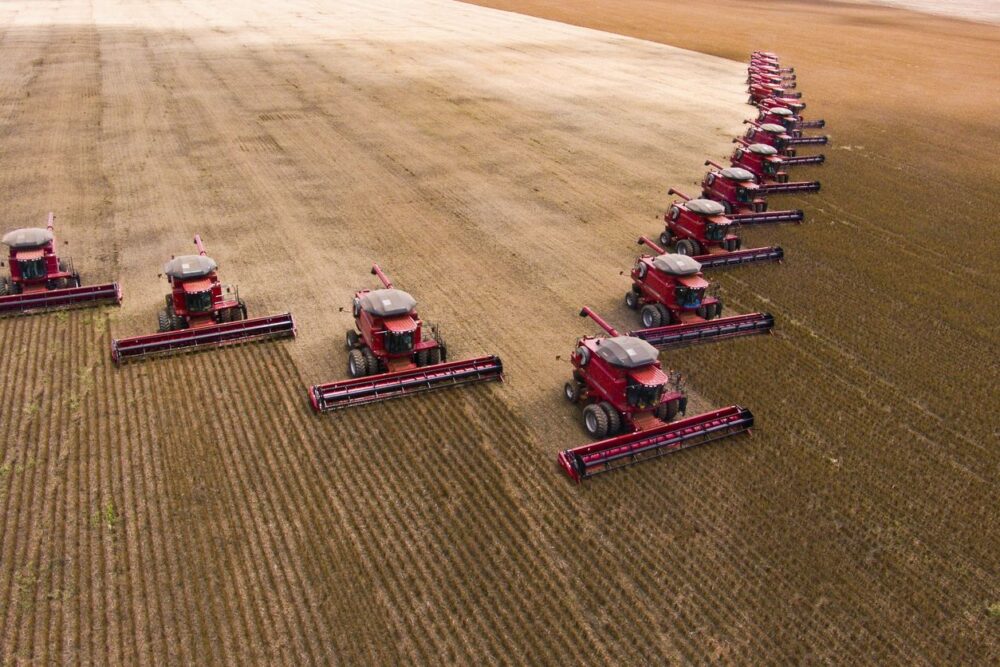- S2G Ventures has officially announced the launch of its $300 million Special Opportunities fund.
- The fund will to provide flexible financing for social and environmental impact startups working in capital-intensive, asset-oriented industries including agriculture, energy and oceans.
- The new fund brings S2G’s assets under management to $2 billion.
Why it matters:
Climate-focused agrifoodtech startups bucked the general decline in VC fundraising last year, with areas like indoor agriculture, bioenergy & biomaterials and precision agriculture posting gains.
These and other industries are much more capital intensive than, say, a consumer-facing food delivery app; solutions tend to be harder to test and take longer to scale than is common in the lightning-fast VC world.
Many are now calling for more “creative” forms of capital for climate-focused startups.
“Many parts of the transition will not only involve new innovation but also new business models and assets to increase the resiliency, productivity and profitability of future food, energy and other systems,” S2G Ventures senior managing director and CIO Sanjeev Krishnan told AFN over email. “Critical to that will be innovative credit and asset infrastructure financing schemes. We want to help create and scale those and hope to create proof concepts to scale.”
To that end, S2G’s new fund specifically addresses startups with land, infrastructure, credit and other asset-oriented structures, offering “flexibility around risk profile, tenor, and structure.” This will enable S2G to invest “across the capital spectrum,” including via debt, equity or hybrid investments “with a focus on businesses with assets, cashflows, contracts, or leases to provide downside protection.”
In an interview earlier this year, Andrea Woodside, principal, Special Opportunities fund, noted, “As products and solutions scale to the point of commercialization, they often need more capital to expand to the point of profitability.”
“The special opportunities fund allows S2G to support more mature companies in their scaling journey and provide them with a lower cost of capital that is aligned with their risk profile,” she added.
Woodside says specific investment areas for the Special Opportunities fund include lending for regen ag, controlled environment agriculture, fermentation infrastructure, food manufacturing, algae production and aquaculture, to name a few.
The Special Opportunities fund has already made a few investments, most recently with Circulus, which converts plastic waste into post-consumer resins for use in commercial and industrial items.





